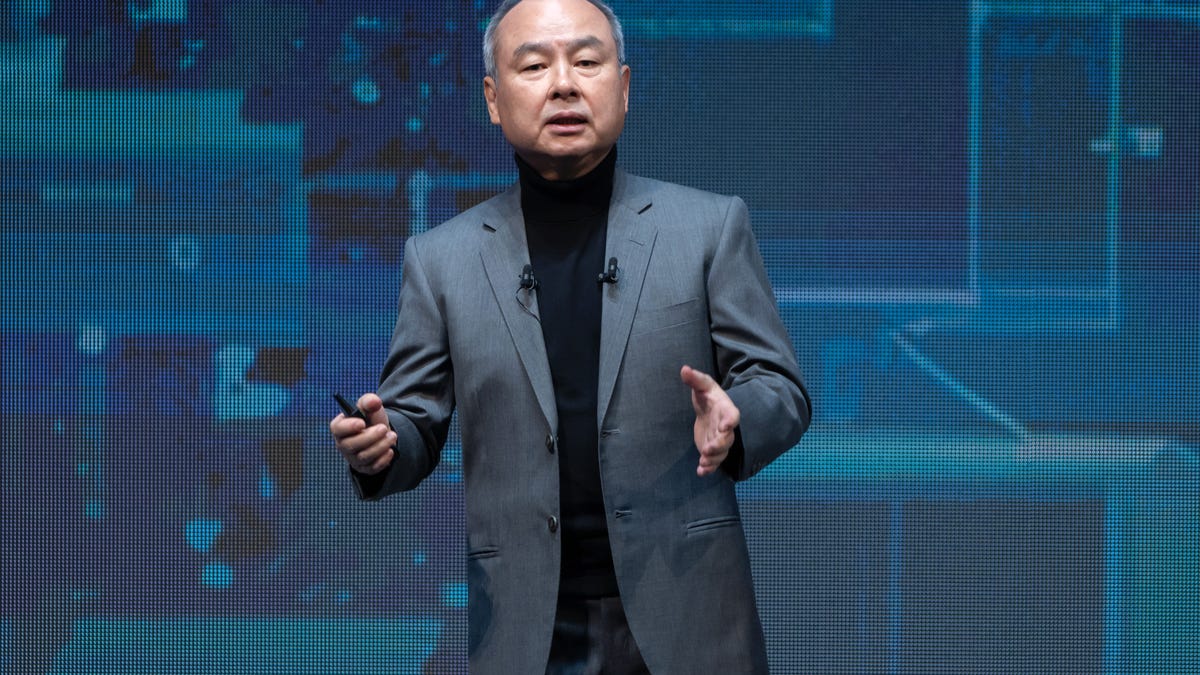
Medical professionals and senior doctors in Korea are experiencing a crisis as many of them are quitting their jobs or reducing their working hours, leaving patients fearful of being pushed into a “hostage” situation. One mother, Kim, expressed her concerns about this issue when she learned that two pediatricians in charge of her daughter’s kidney disease treatment at Seoul National University (SNU) Hospital were planning to resign in May. This news left Kim feeling like her daughter was being held hostage and frustrated about the additional fees and testing process involved if they transferred hospitals.
The strike of resident and intern doctors that began in February has led to a crisis within the healthcare system as medical professors and senior doctors have announced plans to quit or reduce their working hours starting in May. Professors at major medical centers such as SNU and Ulsan University have decided to take one day off each week, impacting patient care and causing treatment delays. This has left thousands of patient families concerned about the quality and availability of medical services.
Despite closures and changes in scheduling, hospitals will continue to treat emergency and critical condition patients. The strike was initiated in protest of government plans to increase medical student enrollment quotas, which doctors believe will impact the quality of care and raise patient costs. The government has made conciliatory moves by agreeing to let medical schools reduce enrollment quotas, but striking doctors continue to push for better working conditions and income stability. The crisis has highlighted the deep-rooted issues within the healthcare system in Korea and the challenges faced by both medical professionals and patients.






